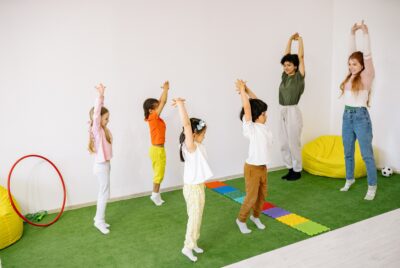RESEARCH
Horticultural Activity Interventions and Outcomes: A Review
Summary
The study analyzes 509 published studies on horticultural therapy and gardening programs, revealing consistent psychological benefits, such as reduced stress, improved self-esteem, and lower depression rates. It also highlights physical health improvements, including enhanced motor skills and cardiovascular activity, particularly for older adults. The most common interventions involved gardening, planting, flower arranging, and nature-based crafts, with short-to-medium-term programs (11–20 sessions) being the most effective.
While horticultural therapy has demonstrated positive effects across diverse populations, including children, the elderly, and individuals with disabilities, standardized research methodologies are lacking. The study calls for more rigorous trials and outcome measurements to strengthen the evidence base. It also suggests expanding horticultural interventions into urban agriculture, mental health services, and educational settings to maximize their societal impact







